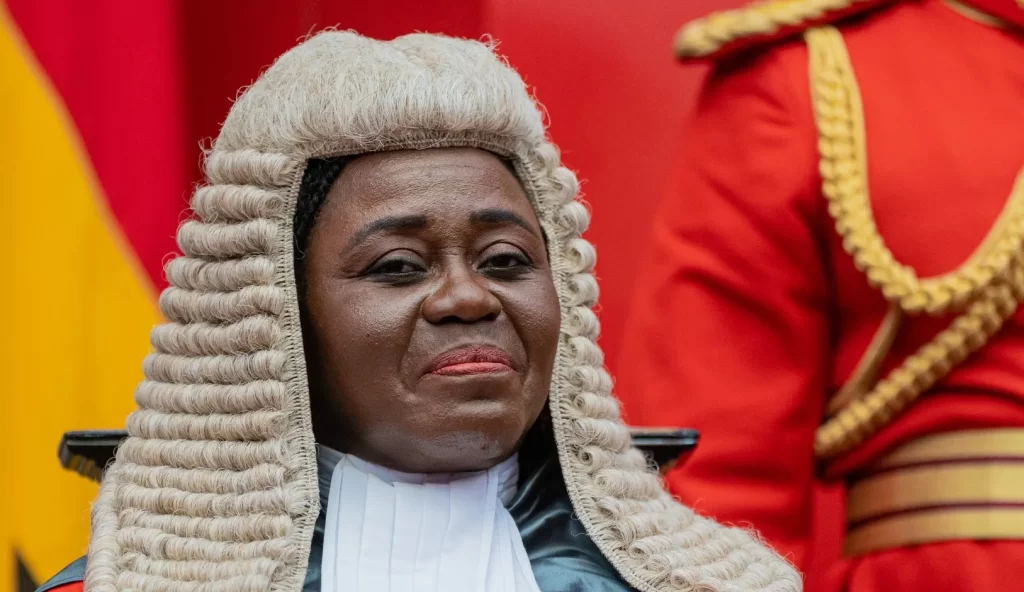THE CIRCUIT COURT’S JURISDICTION IN GHANAIAN LAND DISPUTES: A JURISDICTION AT LARGE.
THE CIRCUIT COURT’S JURISDICTION IN GHANAIAN LAND DISPUTES: A JURISDICTION AT LARGE. BY HER HONOUR JUDGE SEDINAM AWO KWADAM (Mrs.), CIRCUIT COURT 2, ADENTAN-ACCRA, 18th March, 2024. TABLE OF CONTENTS: Abstract Introduction I. The Question of Jurisdiction ● The Recurring Jurisdictional Challenge ● Focus of the Paper II. The Relevant Law ● Section 42(1)(a) […]
THE CIRCUIT COURT’S JURISDICTION IN GHANAIAN LAND DISPUTES: A JURISDICTION AT LARGE. Read More »



